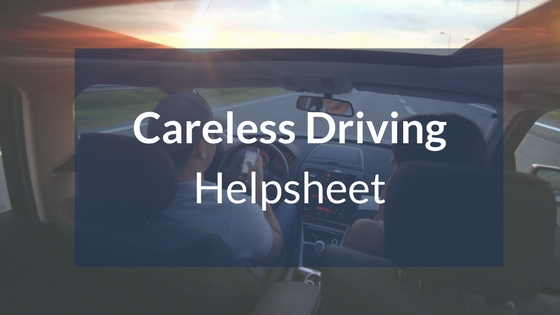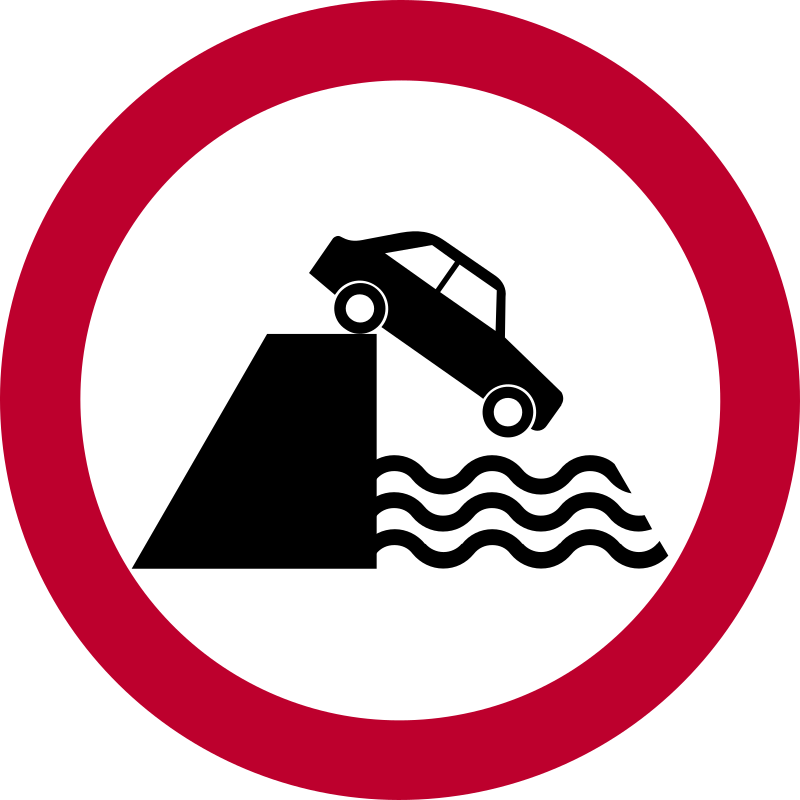The kids are screaming from the back seat, the phone is buzzing in your pocket and you’re trying to remember what you were supposed to pick up from the store on your way home from work..
Just about every driver has at one point or another driven without due care and attention.
It’s near impossible to focus 100% on driving, 100% of the time.
We’ve put together a helpsheet full of expert advice. We hope it will help you understand what careless driving means, and what your options are should you end up at a legal crossroad.

What Does The Law Say
Section 3 Road Traffic Act 1988 outlines the legislation regarding ‘Careless Driving’.
Careless driving cases usually take place within the Justice of the Peace Courts, though some go before the Sheriff Court.
The law relating to careless driving is vast, technical and complex. The main point of it is, that is an offence to drive without due care and attention, or without reasonable consideration for other road users.
Define ‘Careless Driving’
Careless driving can arise from simple mistakes. Often, cases are down to inattention to errors in judgement or lack of concentration.
Careless driving is defined as when a person drives a motor vehicle or mechanically propelled vehicle on a public road or place without due care and attention or without reasonable consideration for other road users.
In short, when the standard of driving falls below what would be expected of a careful and competent driver, it is considered careless driving. There need not be an accident or collision to raise charges.
Examples of careless driving can include:
- Speeding
- Tailgating
- Undertaking
- Emerging from a junction into the path of another vehicle
- Driving through a puddle
- Colliding with another vehicle
Penalties
The usual penalty for careless driving is a fine and between 3 and 9 penalty points, depending on the case.
In a careless driving case the Court also has the power to disqualify the driver.
The exact penalty will depend on the gravity of the offence.
Where death is caused by careless driving, the Court can impose: a prison sentence of up to five years, a fine of £5000, a minimum period of disqualification of 12 months.
Possible Defences
As with all offences, it is up to the prosecution to prove that the driving took place and fell below the required standards.
The accused can deny that the incident happened, that he/she has been wrongly identified, or alternatively that the incident has been grossly exaggerated.
Should the accused driver accept that the incident took place, he/she may be able to advance a defence or special reasons explaining why he/she drove as he/she did.
Our team are experts in this area and will quickly be able to determine your best option. Should the prospects for success be low, we will concentrate on damage limitation.
What Should I Do Next?
Ensure you receive the right guidance. It’s essential to get advice from a lawyer who specialises exclusively in road traffic law. At Dominic Sellar & Co, we focus solely on road traffic cases, providing dedicated expertise you can trust.
While some lawyers may appear to specialise in road traffic law, those who also handle other areas of criminal law are not true road traffic specialists.
For free, expert, no-obligation advice, contact Dominic Sellar & Co today.
